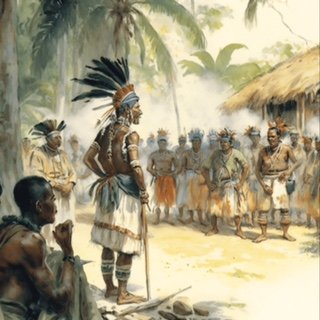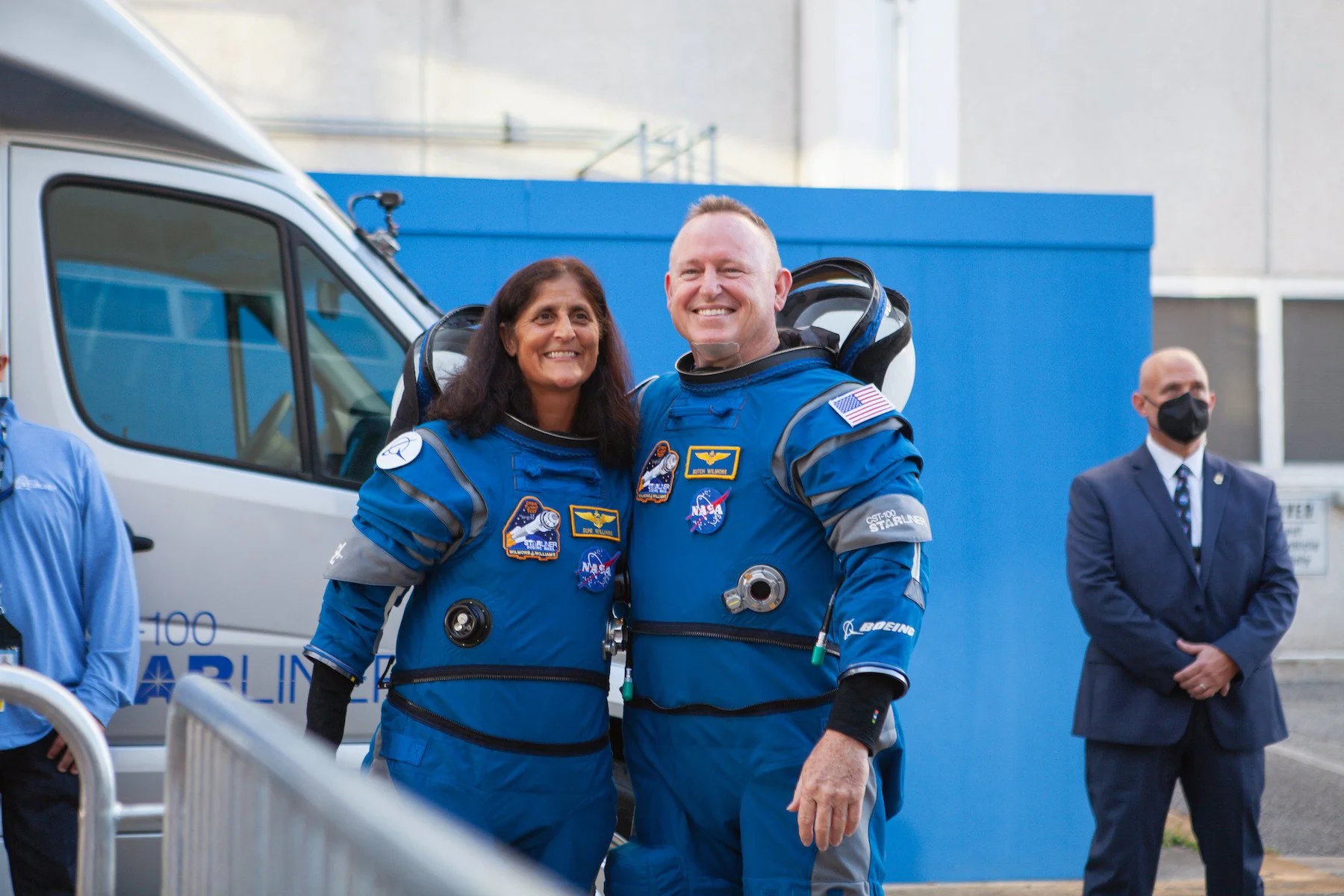While Columbus wasn’t the first human to set foot in the Caribbean, he was undoubtedly the first European to document and publicize its existence to the rest of the world.
In 1492, Columbus set sail under the Spanish flag, searching for a new route to Asia. Instead, he arrived in the Bahamas, believing he had reached the outskirts of India. Over the next few years, Columbus and his crew explored several islands, including Cuba, Hispaniola (modern-day Haiti and the Dominican Republic), and Puerto Rico.
Columbus’s voyages had monumental consequences:
• His reports attracted massive European interest, leading to Spanish colonization.
• The arrival of Europeans forever changed the lives of the Indigenous people, introducing new diseases, forced labor, and eventually, European dominance over the region.
Because of this, Columbus is often credited as the “discoverer” of the Caribbean—but the truth is far more complex.
So, Who Really Discovered the Caribbean?
The answer depends on perspective:
• If we define “discovery” as the first human presence, then the Indigenous people of the Caribbean were the true discoverers.
• If we consider “discovery” as the first Europeans to arrive, then Norse explorers remain a possibility, but there is no concrete proof.
• If we see “discovery” as the first recorded encounter by Europeans that led to global awareness and colonization, then Columbus fits the description—though at great cost to the Indigenous people.
Perhaps the real lesson here is that history is not always as simple as the stories we learn in school. The Caribbean was not an “empty” land waiting to be found—it was already home to civilizations long before Columbus or any Viking ever set foot on its shores.
So, while Columbus may have put the Caribbean on the map for Europe, the true legacy of discovery belongs to the Indigenous peoples who called these islands home for thousands of years.
What do you think? Was Columbus really a “discoverer,” or just the man who brought the Caribbean into European history?






